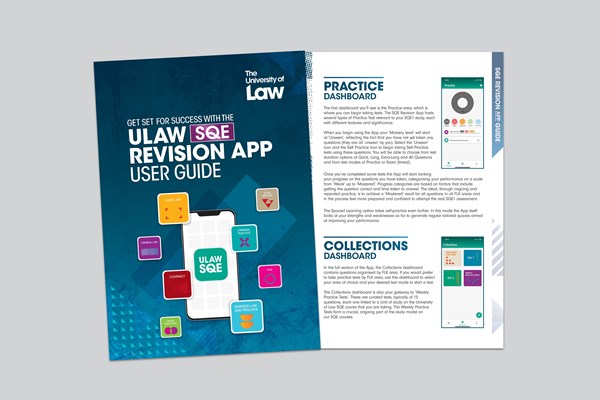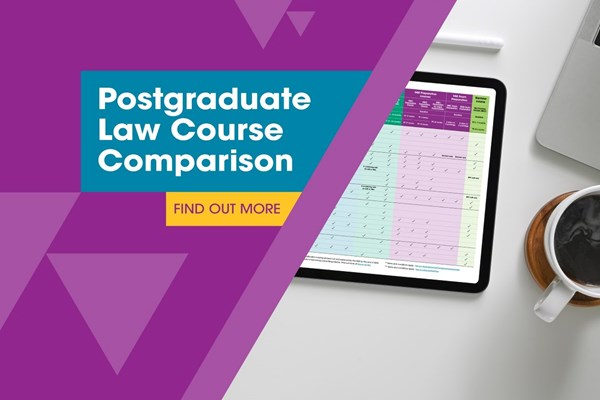You can still continue with the LPC route if you completed, started, accepted an offer, or paid a non-refundable deposit for one of the following by 31 August 2021:
- a Graduate Diploma in Law (GDL) / the Common Professional Examination
- MA Law
- the LPC
- a period of recognised training (also known as a training contract)
For a qualifying law degree (QLD) and exempting law degree (ELD), such as our LLB, you must have completed, started, accepted an offer or paid a non-refundable deposit by 21 September 2021.
In most cases, for the QLD, ELD and CPE, the relevant course must have started at the latest on or before 31 December 2021.
If you have already started a qualifying law degree, GDL or training contract there are transition arrangements in place until 31 December 2032 to qualify as a solicitor under the current routes, as long as courses still remain available.














